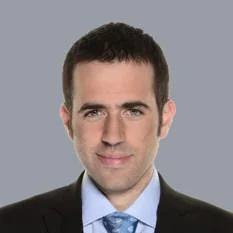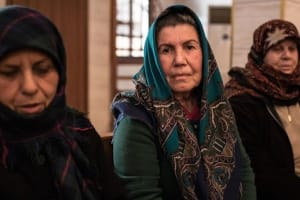With uncertainty in Syria should the Jewish community in Damascus be concerned?

A member of Damascus' very small Jewish community told KAN News on Sunday that on the first day after rebels took control of the Syrian government, there was anarchy – cars and homes were looted – but nothing happened to the Jews.
"I am here in Damascus, and no one has entered the properties or synagogues of the Jews," he said.
According to the same source, the Jews are not afraid, despite the Islamist orientation of the new regime. "In recent days, I walked down the street, and one of the rebels greeted me. Everything is normal. It might even be better than it was before."
He didn't demonize the collapsed former regime either. "I was satisfied during Assad's time, and now everything is fine," he said.
He expressed optimism that with the new regime, there might be an opportunity to move closer to peace with Israel, even though Israel's current activities across the border are not being received favorably.
Disappearing: The Jewish community in Syria
The Jewish community in Syria was once one of the most prestigious communities, spanning from the capital Damascus to Qamishli in the north. However, under the iron rule of the Assad family since the 1960s, it has largely vanished. Jewish heritage sites and synagogues may still stand, but the number of community members today can be counted on one hand. Only a few Jews remain in Damascus.
The Assad regime, however, provided the Jews with a sort of protection. In September 2022, Albert Qamou, who served as the head of the small Jewish community and was appointed to the position by the Assad regime in 2006, passed away at the age of 80.
On Sunday, Ahmed al-Shara (Abu Mohammad al-Jolani), the leader of the successful rebellion against the deposed Syrian leader, Bashar al-Assad addressed Israel during an interview. He stated that Israel's claims about threats are unfounded and do not justify the recent violations of Syrian sovereignty, which pose a risk of escalating tensions in the region.
However, he also noted that Syria, currently exhausted from years of war, is in no position to engage in new conflicts. According to al-Shara, the priority is reconstruction and stability.
On the surface, it seems that new winds are blowing in Syria, but this will need to be tested over time by both Israel and the remaining religious minorities, including the few remaining Jews.

Roi Kais is an Arab Affairs correspondent for Kan 11.
You might also like to read this:















